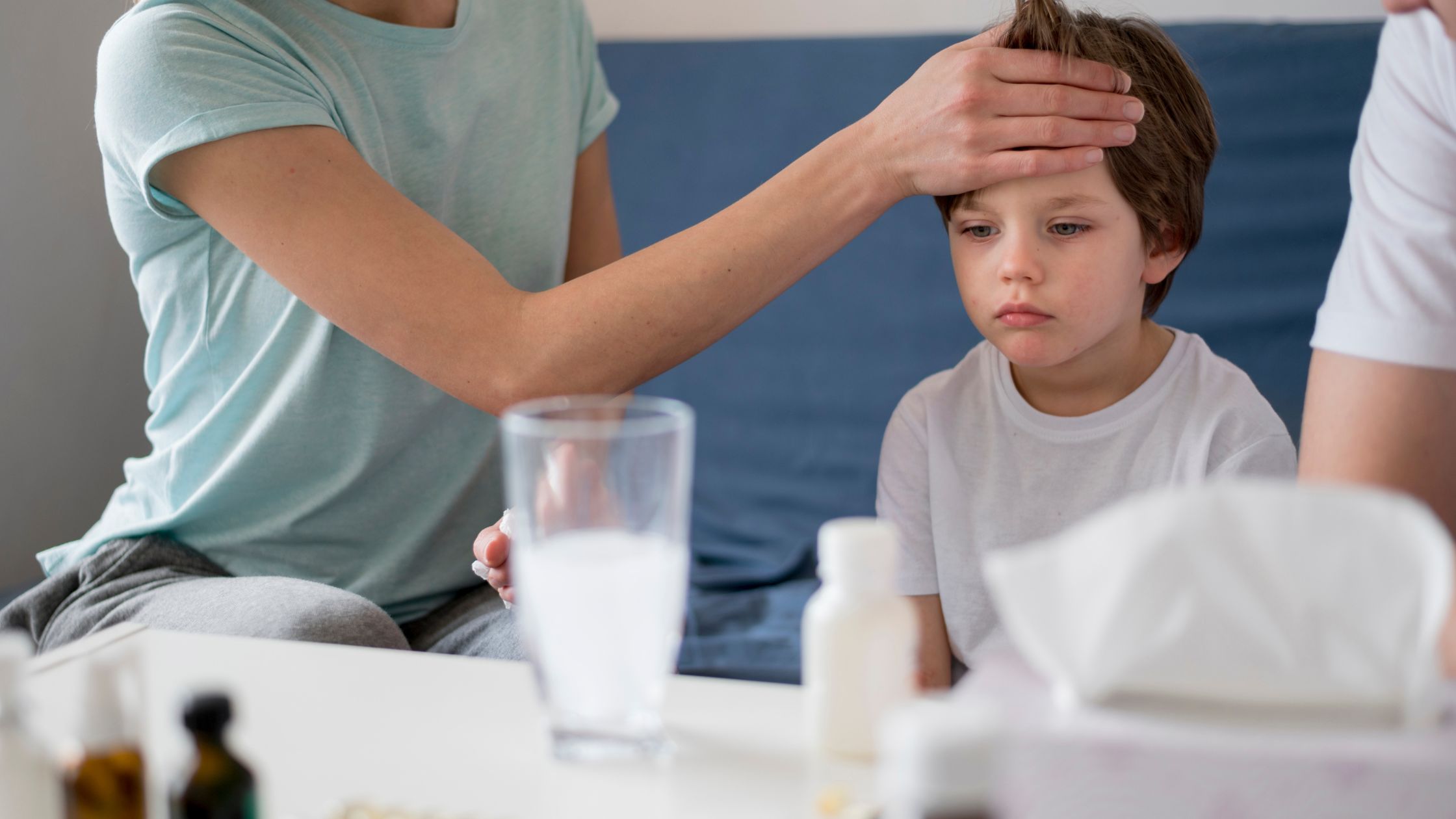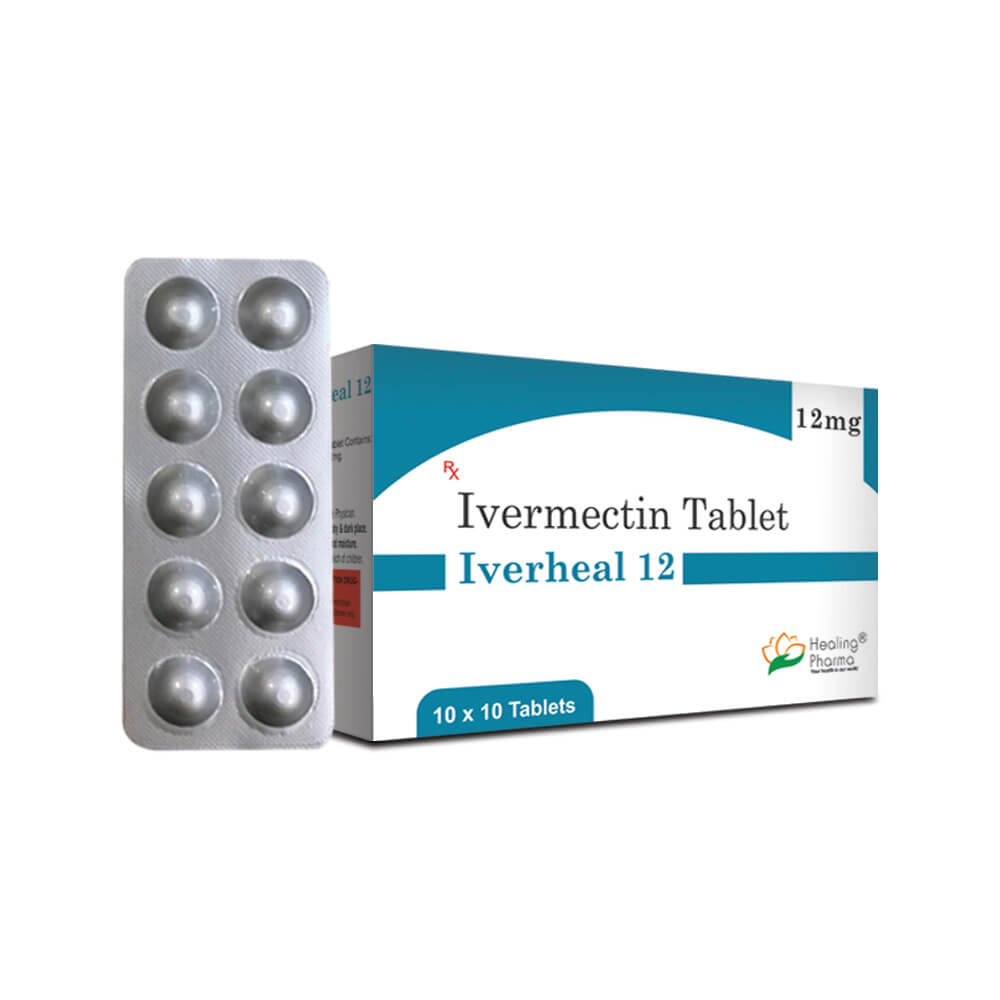You may have been told several times to keep a first-aid box at home. If you listened to this advice, then you have made the right choice. As accidents are unpredictable, you may never know when your child may get hurt or injure themselves severely. If your child has somehow hit their head against the floor or wall, then read until the end to find out how you can treat or offer relief to them.
What is a Head Injury in Children?
In most cases, head injuries are minor. In other, children may either suffer from a permanent disability or in the worst situations, they may die. Depending on the severity of the head injury, it can cause a variety of medical and surgical problems.
There are many causes of head injury including accidents, sports-related injuries, falls, and more. At times, children may even bump their heads which may lead to minor bumps or cuts.
These minor bumps and cuts can be treated at home by relying on first-aid kits. However, in serious situations including where the bleeding does not stop, parents should not hesitate to rush their children to the doctor.
Understanding the Symptoms of Minor Head Injuries
Besides children, adults may frequently sustain minor head injuries. These never cause long-term brain damage. If your child bumps into something and starts to cry out loud, make sure that you calm and console him. Also, make sure to give them some rest or place a bag of frozen peas as a cold compress on the affected area. Following this, look for symptoms like
- A mild headache
- Mild dizziness
- Mild blurred vision and
- The feeling of nausea.
When Should You Worry If Your Child Has a Head Injury?
If the above-mentioned symptoms go away with time, then there is no need to worry. However, if the symptoms seem to worsen with time, then you can contact the doctor immediately. In addition to this, some more symptoms to look forward to that will determine the seriousness of the injury include
- Losing consciousness
- May experience changes in vision
- It may seem difficult to respond
- May have a seizure
- Changes in behaviour like confusion can be seen.
- Feeling extremely sleepy or dizzy
- Clear fluid or blood may come out of the nose or ears.
- May feel pain in the neck.
- The bleeding does not stop or has a deep cut.
- May feel weak or numb in the arms or legs
- Keeps vomiting more than twice or the vomiting happens after hours of the injury
- If the child stops breathing, then immediately perform CPR or if the bleeding does not stop, then apply pressure to avoid excessive blood flowing out of the body.
For parents, it is suggested not to panic. Rather you should try to be calm and focus on the wellbeing of your child.
How Do Doctors Diagnose a Head Injury?
After you take care of the child by relying on your first-aid kits, you may still want to contact the doctor. As you call your healthcare professional, he may want to know several things to diagnose the head injury including
- Scenario of the Accident
One of the first things that the doctor may want to know is the scenario of the accident. From when the child falls to how and where he lands, the doctor may want to know everything.
- Condition of the Child’s Head
Now the doctor might ask you about the current condition of your child’s head. You must look for any bruising, swelling, dent in the skull or discolouration in the skin. If you spot any changes, then you should mention it to the doctor.
- Reaction to the Accident
You will be asked by the doctor about your child’s reaction to the accident. Did your child pass out? Does he have any memory loss? Is he behaving normally? Depending on how the child’s reaction, the doctor may take necessary precautions.
- Symptoms
Additionally, the doctor may ask for symptoms that may have occurred after the injury. It may include headache, vomiting, confusion, sleepiness and more.
Once your doctor gets the answer to these questions, he may further suggest to you what should be done. If the situation does not seem right, the doctor may even ask you to visit for further diagnosis and treatment.
How to Prevent Head Injury Among Children?
There are times when children do things while playing or unintentionally that cause them injury of any kind. However, as parents, you can prevent injuries of any kind including head injury from happening by taking several precautions. Some of these precautions are given below
- Never leave your infant unattended on a raised surface like a chair, bed, countertop, changing table or more.
- If you leave your baby alone, make sure to put your child on the floor or in a cot.
- Use baby walkers only when you are present around as they might lead to falls.
- Throw anything that has sharp edges from a toddler’s play space.
- Keep the floor dry and clean especially around the swimming pool or in the bathroom.
- If your house has stairs, then make sure to place safety gates.
- Do not let your child play alone on trampolines unless someone is supervising the child.
Always Stay Prepared for Any Unpredictable Events at Home
Children and what they will do next are unpredictable. You may never know what may happen. As parents, you should always stay prepared for emergencies of any kind and keep a first-aid box at home. Not to mention, you should also carry one while travelling anywhere.
Thus, when needing one, you can come to us at MedGuard. We are the leading wholesalers and retailers of medical supplies in the UK. Having years of expertise, we have been satisfying the needs of individuals and healthcare professionals over the years. As you choose us, we make sure to meet your expectations at reasonable prices.




